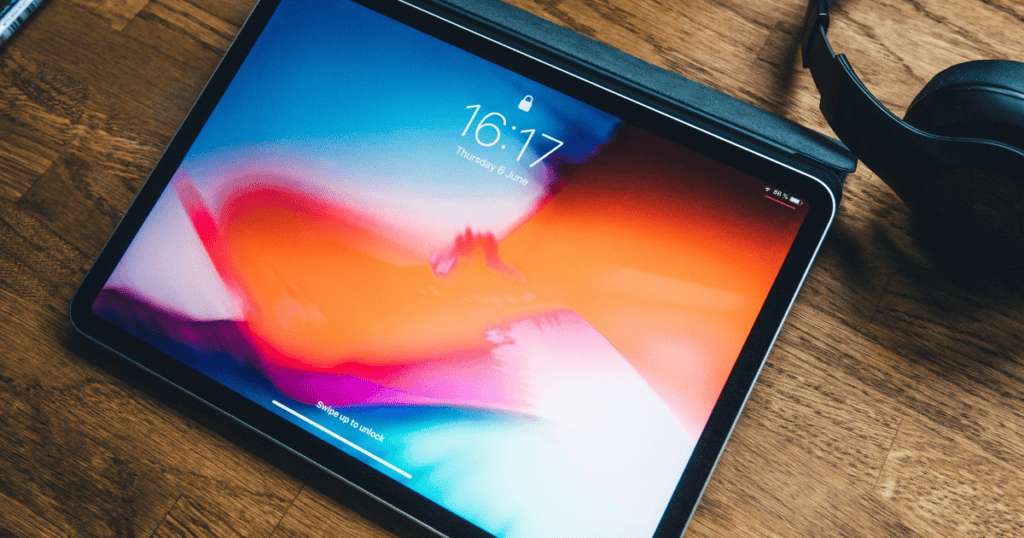In a surprising twist to Apple’s hardware roadmap, recent reports suggest that the upcoming iPad Pro models will not feature the expected M3 chip but will instead leapfrog directly to the M4 chip. This news has captured the attention of technology enthusiasts and industry analysts alike, indicating a significant shift in Apple’s approach to its device capabilities and marketing strategy.
Detailed Examination of Recent Reports and Predictions
Initially, it was widely anticipated that the next iteration of the iPad Pro would house the M3 chip, already featured in the latest MacBook Pro and iMac. However, Bloomberg’s Mark Gurman recently highlighted a “strong possibility” that Apple would instead equip the new models with the next-generation M4 chip. This chip is said to include a substantially upgraded Neural Engine, enhancing the device’s AI processing capabilities, positioning the iPad Pro as a powerhouse for AI-driven applications.
Key Changes in Chip Strategy:
- Shift from M3 to M4 chip in the upcoming iPad Pro.
- Enhanced AI capabilities through an upgraded Neural Engine.
- Potential repositioning of the iPad Pro as a top-tier AI-powered device.
Technical Advancements of the M4 Chip
The M4 chip is expected to bring significant enhancements over its predecessor, particularly in terms of AI performance. This aligns with Apple’s focus on integrating more sophisticated AI features across its product lineup. The chip’s enhanced capabilities could transform how professionals and creatives use the iPad Pro, leveraging advanced AI for everything from real-time video editing to machine learning tasks.
Advancements Over M3 Chip:
- Superior AI processing capabilities.
- Enhanced overall performance, potentially affecting graphics, battery life, and app functionality.
- Possible introduction of new features that utilize the upgraded Neural Engine for professional applications.
Strategic Implications for Apple
Introducing the M4 chip in the iPad Pro, particularly only six months after the debut of the M3 chip in other products, suggests a strategic acceleration in Apple’s hardware updates. This could be a move to set a new standard in the tablet market, especially in high-performance segments where users are particularly sensitive to technological advancements.
Strategic Benefits for Apple:
- Establishes Apple as a leader in high-performance tablet technology.
- Differentiates iPad Pro from competitors with superior hardware capabilities.
- Strengthens the appeal of the iPad Pro among high-end users and professionals.
Production and Market Factors
The choice of the M4 chip may also be influenced by production dynamics. Reports suggest that TSMC’s N3E production volumes are still ramping up, making the M4 chip a more feasible choice for a high-end product with presumably lower initial volume needs like the iPad Pro, compared to more mass-market devices.
Production Considerations:
- TSMC’s N3E chip technology and its readiness for large-scale production.
- Strategic allocation of more advanced chips to premium products like the iPad Pro.
Consumer Expectations and Market Impact
With the introduction of the M4 chip, Apple not only raises the bar for what tablets can do but also sets new expectations for the integration of AI capabilities in consumer electronics. This move could pressure competitors to accelerate their own innovations in similar technologies, potentially leading to a significant shift in consumer expectations across the entire tech industry.
Market and Consumer Impact:
- Likely increase in consumer expectations for AI capabilities in tablets.
- Potential market shift towards more AI-integrated devices.
- Competitive pressure on other tech companies to innovate similarly.
MacReview Verdict
The potential introduction of the M4 chip in the upcoming iPad Pro models represents a bold step for Apple, reflecting its commitment to leading the edge of technology and innovation. As the tech community and consumers alike await the official announcement at Apple’s “Let Loose” event on May 7, the anticipation builds not only for a new device but for a new era of iPad capabilities.




